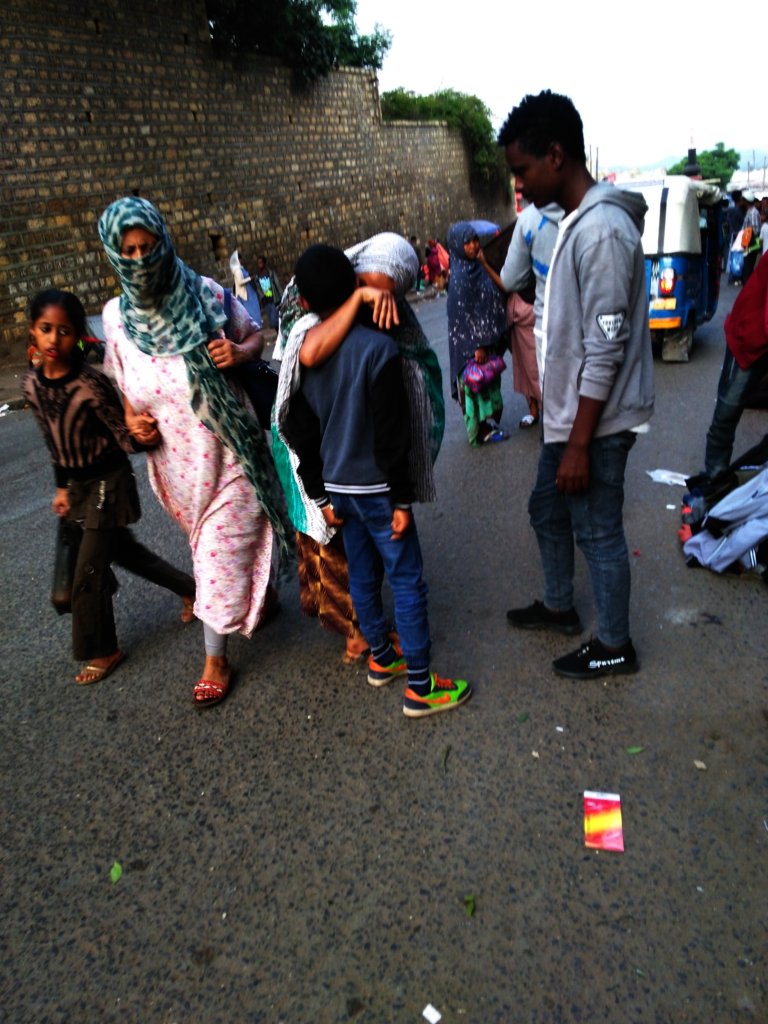By Priyanka Zacharias | Head of International Partnerships
In Ethiopia there are thousands of vulnerable children encountering hunger, poverty, violence and abuse on a daily basis. Retrak’s principal aim is to reintegrate vulnerable children into a safe family environment.
To date in 2019, Retrak has reached 2,549 children through outreach or referral. We supported 943 children in our Lighthouses, and 685 children were reintegrated with their families or were placed in alternative family-based care.
In the last month, we reached 192 children in outreach and provided safe shelter and protection to 138 children in the Lighthouses (short-term transitional centres); 46 of these were girls who were in domestic servitude. Children are supported to overcome trauma by accessing catch-up education (taught in line with the national curriculum), psychosocial counselling and medical care. We use a child-rights approach to work with children, and together with them, plans are made for their next steps which range from family reintegration to supported independent living for some young people. In the last month, we have supported 36 children to reintegrate into safe family-based care. All families are assessed to see whether it is safe and appropriate for children to go home. For those who cannot go back to their families, alternative family-based care arrangements such as foster care or supported independent living are provided.
Below is a story of Abdu who is back with his family, thanks to the support of donors like you.
Abdu’s Story
After living with his grandparents outside of Addis Ababa, capital of Ethiopia, Abdu* had asked a stranger to take him to Addis, in search of a better life.
He ended up alone on the streets, not knowing where to go and intensely vulnerable to traffickers and predators. The police picked him up, and brought him to one of Retrak’s Lighthouses – our short-term assessment and transition centers.
Abdu ended up living there for several months, receiving psycho-social support, personal counseling, individual attention, life skills classes and catch-up education. Finally, Abdu decided with the support of his counselor that it would be good to return to his town in rural Ethiopia.
A neighbor was the first to greet him on his return, and slowly a bigger story began to emerge, a story that Abdu had not felt able to divulge – one marked by death, crime and child labor, and explaining why Abdu had seemed reluctant to return home.
Abdu’s father had spent time in prison and was rarely present, so Abdu was in the care of his late mother’s brother. His uncle heavily restricted Abdu’s personal freedom and forced him to do hard manual work on the family cattle farm. He was never allowed to leave the property.
But on Abdu’s return to the village, and understanding all that had happened to him since, the uncle was remorseful and apologetic, suggesting that Abdu live instead with his grandmother.
That is where he is today – safe, happy, and in school, having just started third grade.
*Please note that the name has been changed to protect identity
By Priyanka Zacharias | International Strategic Partnerships Manager
By Priyanka Zacharias | International Strategic Partnerships Manager
Project reports on GlobalGiving are posted directly to globalgiving.org by Project Leaders as they are completed, generally every 3-4 months. To protect the integrity of these documents, GlobalGiving does not alter them; therefore you may find some language or formatting issues.
If you donate to this project or have donated to this project, you can receive an email when this project posts a report. You can also subscribe for reports without donating.


